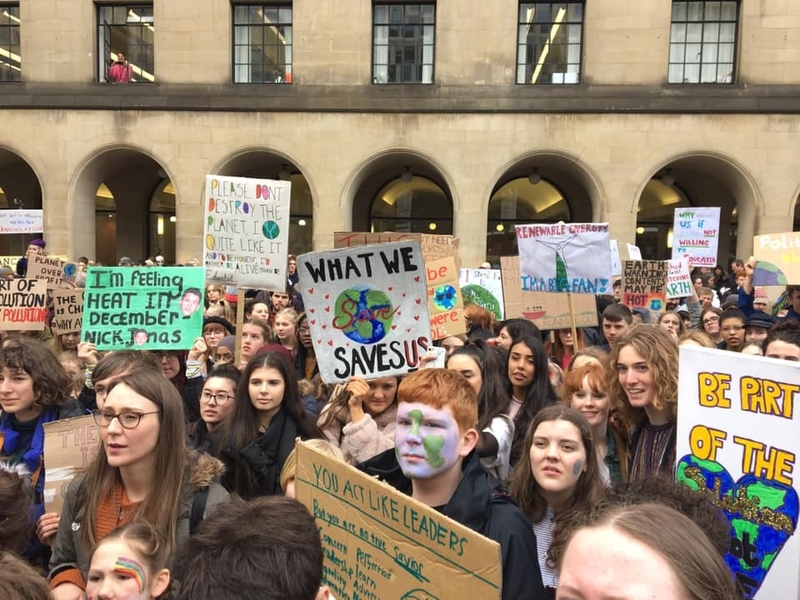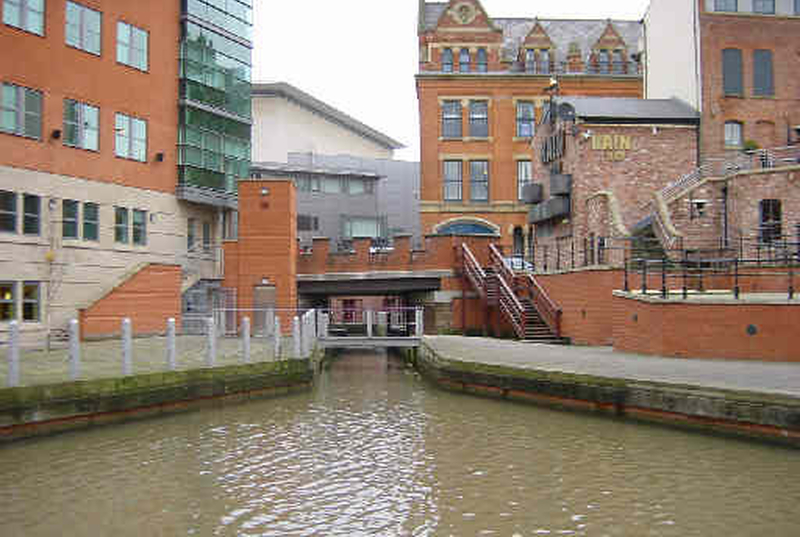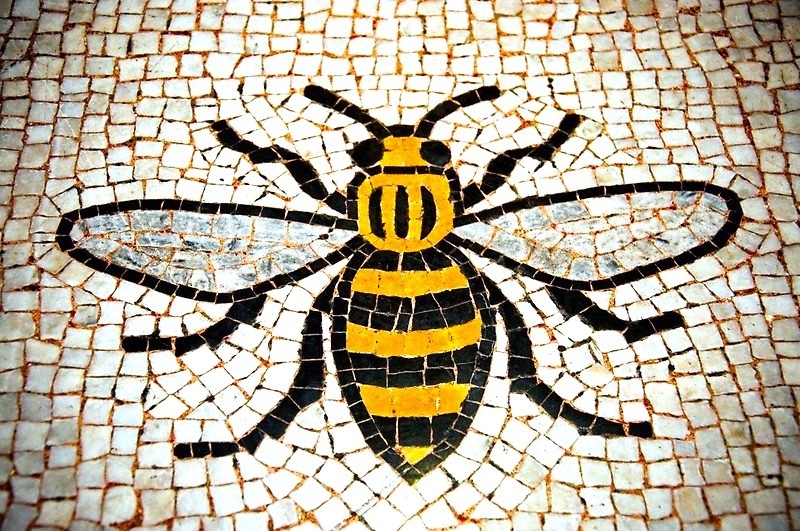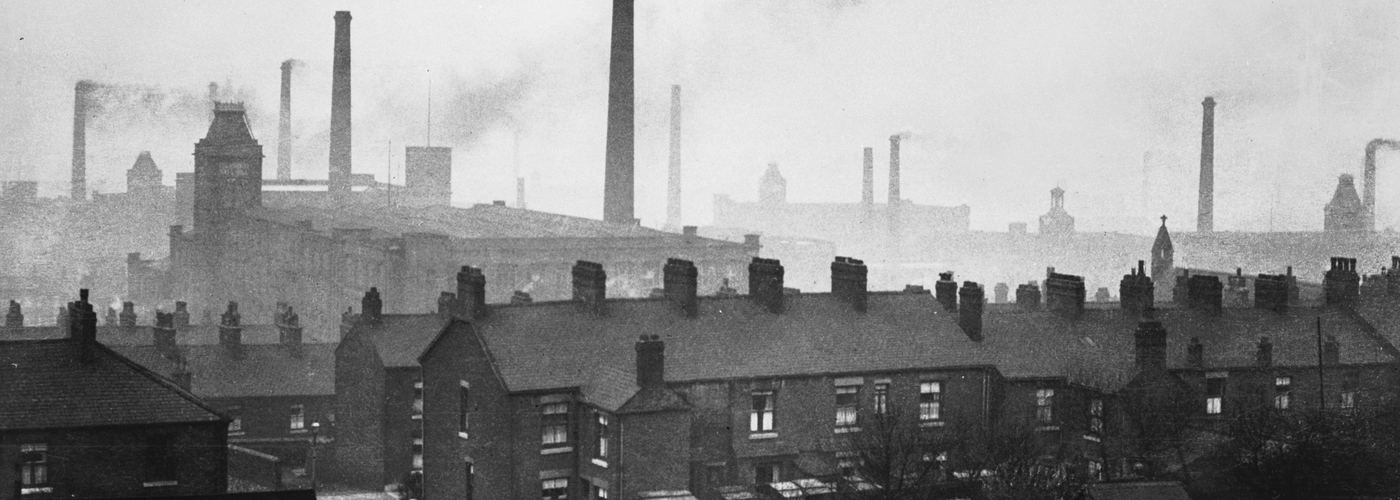Despite its history, Manchester is much greener than you think, argues John Blundell
Climate change is one of politic's most unifying topics. It's long been known that something must be done: now the battle lines have been drawn, not along if (ahem, Brexit) but how and when.
Some places, however, have a bigger commitment to going green than others...and Manchester, believe it or not, is one of them.
The Mayor of Rochdale recently visited our twin town, Bielefeld, where his counterpart showed him around the historic city that has roots in spinning cotton. What I found interesting was that the message the Mayor came back with was that the Germans are not as interested in climate change as we are.
Outsiders looking in might think Manchester is feeling guilty about something
The Mayor pointed out that Germany only emits 1% of greenhouse gases, hence there wasn’t too much point dwelling on climate change for them. Other Germans were under the same impression that Britain hates on carbon and loves the planet.
The Environmental Performance Index 2018, produced by Yale University, has us sixth in the European rankings - although this considers more than just carbon - and Germany at 13th. Excepting France at second, countries that perform better than us are considerably smaller. And, while other major countries do want to tackle climate change, we are being noticed for going above and beyond.

Baroness Worthington, executive director of the European branch of the Environmental Defence Fund, recently told The New York Times: “There’s a high degree of consensus that we need to do something and the UK has a moral duty to lead.”
She alludes to our role in the Industrial Revolution, admittedly ironic considering it was right here the revolution - a catalyst for mining fossil fuels across the globe - began. Our railways and canals were also built on the backs of carbon-centric energy; for example the Bridgewater Canal, which was built to transport coal from Salford coal seams to central Manchester.
This in mind, other countries may well think industrial beacons like ours have something to feel guilty about. But at least Greater Manchester is attempting to make amends; the region has pledged to go a few steps further than the Government (who have legislated to try to ensure Britain is carbon neutral by 2050) by promising to have gone completely green by 2038.

Climate change scientists have made global warming a tangible threat by labelling certain dates as ‘points of no return’. These dates may go in the same bucket as the Millennium Bug and, let’s face it, Manchester could probably do with being one degree warmer - but that's not to say we shouldn’t all be environmentalists and take these milestones seriously.
Joking aside, one of two things can happen: (1) we can go hell for leather, become the example of a carbon-neutral city and sell our knowledge around the world to boost productivity and incomes; or (2) we put a sledgehammer to our economy, become vegan through necessity and be forced to live in a kibbutz.
Read - Should Deansgate be pedestrianised?
Option 1 is most appealing as going carbon neutral has untold benefits. Advances like cleaner air and scientific discovery will no doubt radically reform all of our lives for the better.
Our industrial heritage, while a catalyst for two centuries of environmental damage, has conversely laid the ground for us to be a green capital.

Our waterways provide sanctuary for many ecosystems, we have vast swathes of green lungs and our railways connect our densely populated urban areas providing world-class public transport. Our city’s symbol is the bee, the most recognisable pollinator, creating a strong civic bond between the environment and Mancunians. However there is no room for complacency and, as recent controversies such as Great Ancoats Street and Central Retail Park show, campaigners have no intention of letting us forget what we have left to achieve.
We always look fondly on our industrial past, and we should, but the world must learn from its mistakes. We can lead, if we want, the next revolution - this time a green one.
Read - Global Strike Day - is another view even acceptable?
About the author
John Blundell is a graduate of economics at the University of Manchester and was elected to Rochdale Borough Council at the age of 20. He has worked as a transport and development economist both in London and Manchester.
John campaigns on trying to change the life chances of young people through literacy and art.













